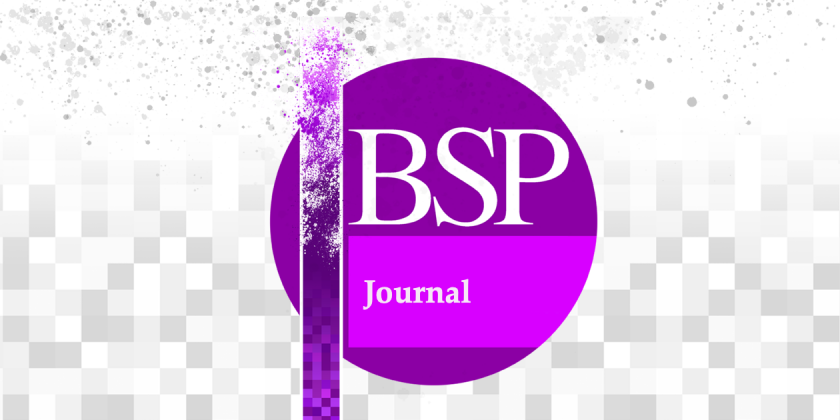Now online, a new article by Zhida Luo (Sun Yat-sen University) for the Journal of the British Society for Phenomenology.
Zhida Luo – ‘Husserl’s Theory of Bodily Expressivity and its Revision: In View of the “1914 Texts”’: JBSP (Originally published online: 18 October 2021).
Abstract: It is well-known that Husserl denies bodily behaviour as expressive in the I. Logical Investigation but he dramatically changes his view and holds that bodily behaviour is essentially expressive in works such as Ideas II. A mainstream explanation of the change is that Husserl develops a more cogent conception of embodiment such that he can ultimately include bodily behaviour into the category of expressive phenomena. In this paper, I explore another source of this change by examining the by and large overlooked “1914 texts.” I argue that the change is significantly informed by Husserl’s revised conception of indication, such that he can offer a proper account of the intimate relation between the body and the spirit and, eventually, opt for a new view of bodily expressivity. By doing so, I also elucidate some intrinsic characteristics of bodily expressivity, such as its demand feature and its twofold unity.
Full article: https://doi.org/10.1080/00071773.2021.1991236
Zhida Luo, Department of Philosophy (Zhuhai), Sun Yat-sen University, Zhuhai City, People’s Republic of China
Accessing the JBSP Online: The online version of the Journal of the British Society for Phenomenology publishes articles in advance of the print edition. Articles can be accessed via our publisher’s website: JBSP at Taylor & Francis Online. Access to the JBSP is free to all members of the society, who also receive the quarterly print copy of the journal as part of their subscription. You can find out more about becoming a member and supporting the BSP on the membership webpage. If you are not a member of the BSP, you can also log in using institutional or personal access via Shibboleth and OpenAthens.

